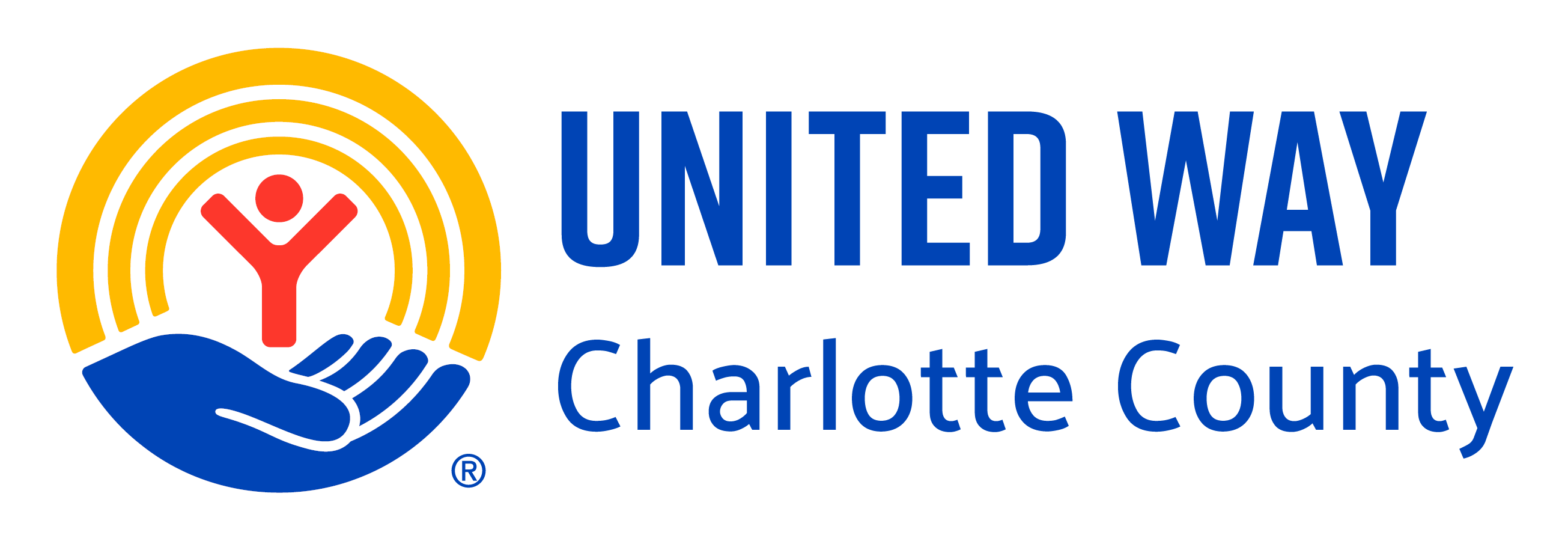Tax Credits Help Improve Financial Stability for Low-Income Households
by Angie Matthiessen, Executive Director – United Way of Charlotte County
At the United Way of Charlotte County, we fight for many women and men who work hard at low-wage jobs yet can barely make ends meet. They find it nearly impossible to cover essentials such as food, transportation to and from work, and electric bills. One way we help struggling workers in our community is by connecting them with the federal Earned Income Tax Credit (EITC) and Child Tax Credit (CTC).
Our community is facing severe economic crisis due to the COVID-19 pandemic whose fallout will persist for some time. The EITC encourages work, boosts incomes and reduces poverty among families with children.
Expanding the EITC for childless adult workers would supplement the limited earnings of struggling workers doing essential jobs including preparing food, providing in-home health services, childcare as well as handling, packaging and transporting goods. Because these workers are largely excluded from the EITC, they are the only group in our country that is taxed into poverty. This situation makes it even harder for workers to pay their bills today and build the financial stability they need to succeed in the future.
The EITC and CTC encourage and support work. The EITC and CTC allow low-wage workers to keep more of their hard-earned money so they can cover basic expenses without relying on public assistance. These working tax credits are a bipartisan idea that reflect widely shared American values. Most policymakers agree that every American who works hard should be able to make ends meet.
United Way of Charlotte County’s mission is to mobilize the power of our community to break the cycle of poverty. We support expansion of the EITC and CTC because it is one way we can reduce poverty in Charlotte County.
Together, the EITC and CTC boosted the income of 28.1 million Americans in 2018 and lifted 10.6 million people out of poverty, including 5.5 million children. In 2019, the EITC alone impacted 2.1 million workers in Florida.
By reducing poverty and increasing income for working families, the EITC has been linked to positive health outcomes, especially for infants and mothers. Young children in families that receive the EITC do better on tests and go further in school, including graduating from high school — and, when they become adults, tend to get better jobs and earn more.
We’re all better off when our neighbors have a roof over their heads, food on the table and can afford to get to work.
United Way of Charlotte County has a front row seat to the impacts of the working tax credits. Through the Volunteer Income Tax Assistance (VITA) program and MyFreeTaxes, United Way’s national, free online tax preparation service, we help working families claim the EITC and CTC, and maximize their refunds so they can keep more of their hard-earned money.
We feel so strongly about the value these credits can bring, that we included it in our 2019-2022 Strategic Plan. One of our community goals under the umbrella of Financial Security is to increase the amount of Earned Income Tax Credit dollars provided to families through the VITA program.
Policymakers could consider making a one-time change in the EITC and CTC design to make them more effective during the current downturn. When the economy weakens, families lose their income and now qualify for the EITC, which helps them stabilize their income. To address this problem, filers could use their income from 2019 or 2020 when calculating their 2020 EITC and CTC, as policymakers have done for families affected by hurricanes and natural disasters in the past.
The EITC and CTC are also effective policies for stimulating a weak economy. They stimulate the economy because lower-income people tend to spend rather than save what modest income they have in order to meet basic needs. We urge U.S. Sen. Marco Rubio, U.S. Sen. Rick Scott and U.S. Rep. Greg Steube to let the rest of Congress know the EITC and CTC are important to the people of Florida and make a difference in our lives.
For more information, please call the United Way of Charlotte County at 941-627-3539. Mission: Mobilizing the power of our community to break the cycle of poverty. Angie Matthiessen is the Executive Director of United Way of Charlotte County. She can be reached at director@unitedwayccfl.org.
